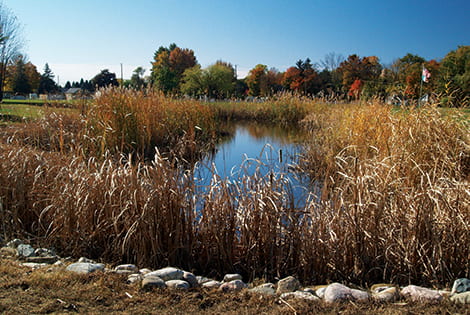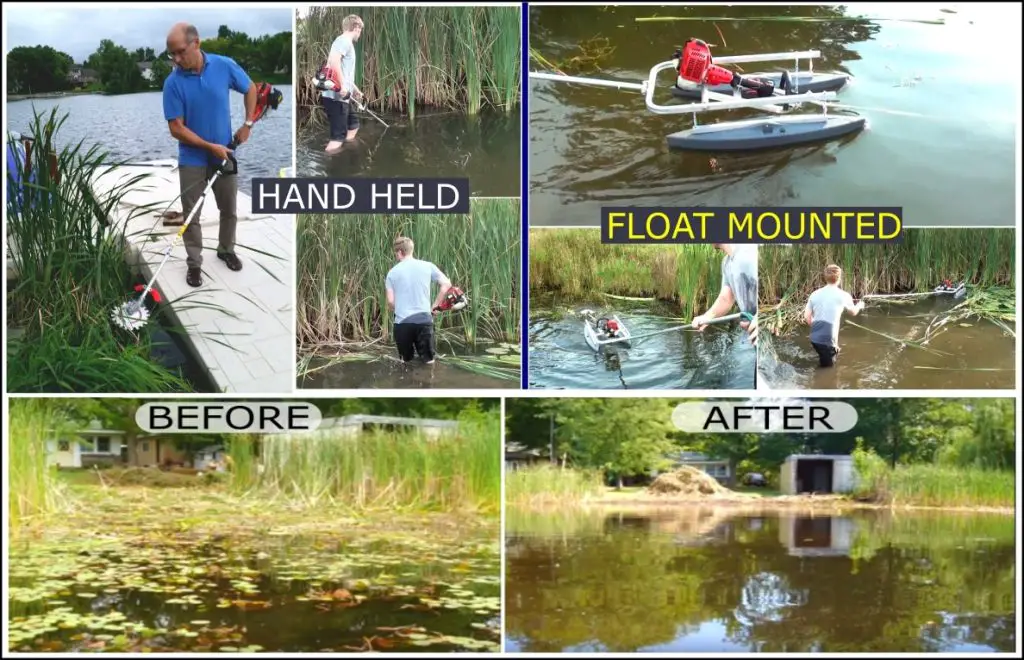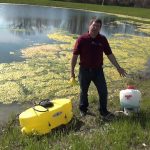Are cattails taking over your pond and causing problems? Cattails are a common aquatic plant that can quickly overtake a pond if left unchecked. In this article, we will discuss effective methods to kill cattails and regain control of your pond’s ecosystem.
1. Physical Removal
One of the simplest ways to control cattails is through physical removal. You can use tools such as rakes or weed cutters to manually cut and remove the cattails from the pond. Be sure to remove the entire plant, including the roots, to prevent regrowth.
2. Herbicides
Herbicides are chemical substances that can be used to kill cattails. Selective herbicides are available that specifically target cattails while minimizing harm to other aquatic plants and wildlife. Follow the instructions carefully when using herbicides to ensure safe and effective treatment.

Credit: aquaplant.tamu.edu

Credit: www.thepondguy.com
3. Biological Control
Biological control involves introducing natural predators or competitors to control cattail growth. For example, introducing certain species of fish that feed on cattails can help keep their population in check. This method is environmentally friendly and can be effective in the long term.
4. Prevent Nutrient Runoff
Cattails thrive in nutrient-rich environments. To prevent cattails from spreading, minimize nutrient runoff into the pond. Avoid using fertilizers near the pond, and create buffer zones with vegetation to filter out excess nutrients before they reach the water.
5. Mechanical Cutting
Mechanical cutting involves using specialized equipment such as aquatic weed harvesters to cut and remove cattails from the pond. Regular cutting can help control cattail growth and prevent them from taking over the pond.
6. Cover the Area
One effective method to kill cattails is by covering the affected area with a pond liner or tarp. This deprives the cattails of sunlight and effectively kills them over time. Be sure to secure the cover properly to prevent cattails from growing back.
7. Regular Maintenance
Consistent maintenance is key to preventing cattails from spreading in your pond. Regularly monitor the pond for cattail growth and take action promptly to control their population. By staying proactive, you can effectively manage cattails and maintain a healthy pond ecosystem.
Conclusion
Dealing with cattails in a pond requires a combination of strategies, including physical removal, herbicides, biological control, and preventive measures. By implementing these effective methods and staying proactive with pond maintenance, you can successfully kill cattails and restore balance to your pond’s ecosystem.





